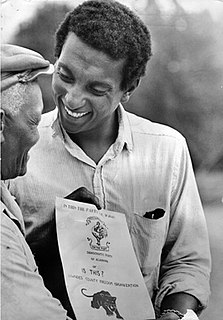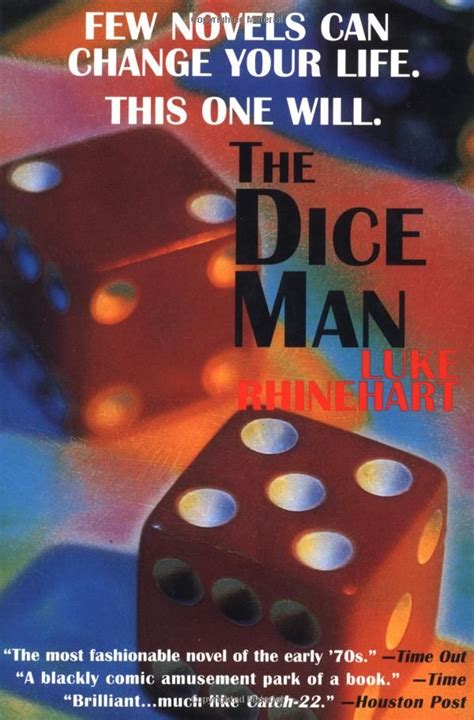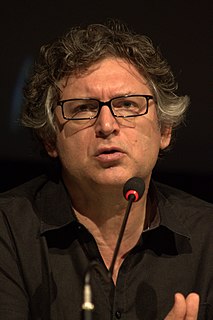A Quote by Stokely Carmichael
The philosophers Camus and Sartre raise the question whether or not a man can condemn himself.
Related Quotes
During the '80s, those you would call the young philosophers of France, such as Bernard-Henri Lévy and [André ] Gluxman, pointed out that Camus had said things no one wanted to hear in the political arena. They said it was [Albert] Camus who was right, not those who had slid under the influence of Sartre, that is to say an unconditional devotion to Communism as seen in the Soviet Union. And ever since then the evaluation of Camus has continued to modify up until today
Albert Camus wrote that the only serious question is whether to kill yourself or not. Tom Robbins wrote that the only serious question is whether time has a beginning and an end. Camus clearly got up on the wrong side of bed, and Robbins must have forgotten to set the alarm. There is only one serious question. And that is: Who knows how to make love stay? Answer me that and I will tell you whether or not to kill yourself.
To change man, the audience by which he judges himself must be changed. A man is defined by his audience: by the people, institutions, authors, magazines, movie heroes, philosophers by whom he pictures himself being cheered and booed. Major psychological disturbances, 'identity crises', are caused when an individual begins to change the audience for whom he plays: from parents to peers; from peers to the works of Albert Camus; from the Bible to Hugh Hefner.
I was keen to dispel a familiar misunderstanding: that existentialists somehow relish the alienation of human beings from the world. This may have been Camus's attitude, but it was certainly not that of Heidegger, Sartre and Merleau-Ponty, each of whom tried to show that we can only experience the world in relation to our own projects and purposes. The world is initially one of 'equipment', said Heidegger: it is a world of 'tasks', said Sartre.
You know, I've been thinking: all the women in the books you like -- Sartre and Camus and all that -- they don't really exist. Not as people. They're only there to wait for the men. To love them and be loved back or not -- mostly not; to be beaten up or killed; to appear as a face on the wall of Meurseault's cell--



































